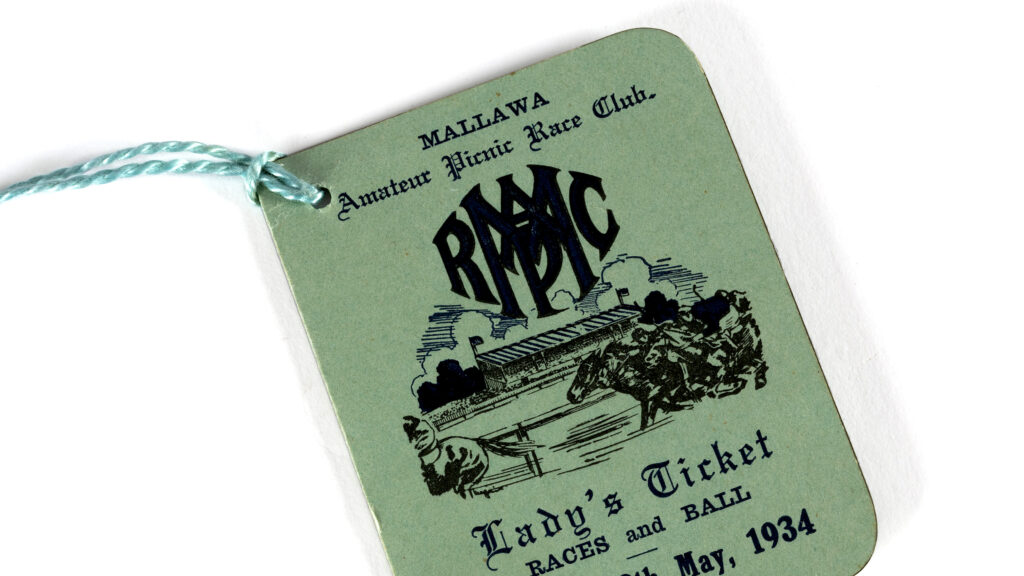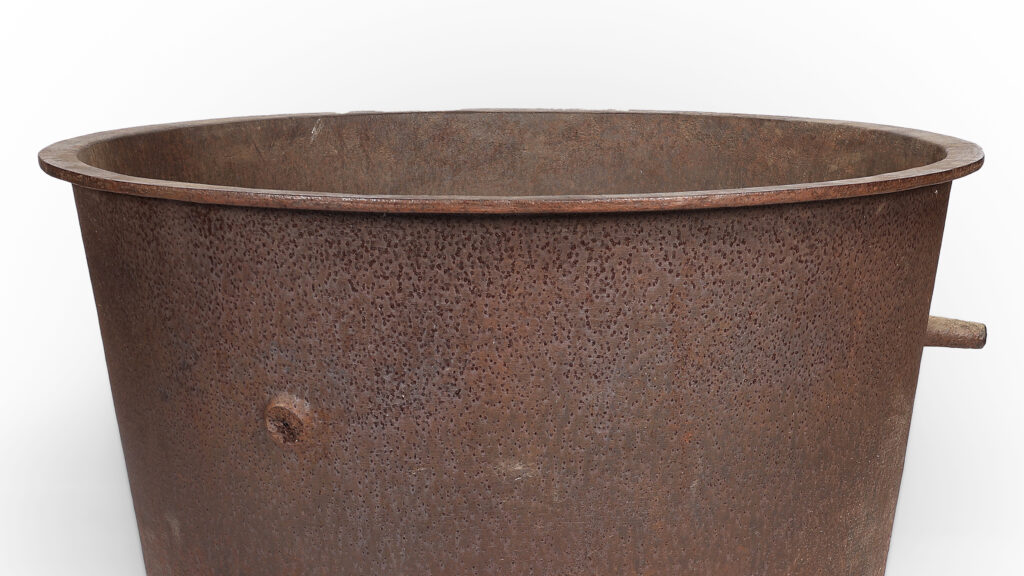
In the 1840s, graziers in the colonies were beset by falling prices for meat exports due to a depression in Britain. A smelly solution came in the form of boiling-down – the boiling of carcasses in vats to extract tallow (animal fat). Used to make soap and candles, tallow was worth more than meat, and […]
Read More…
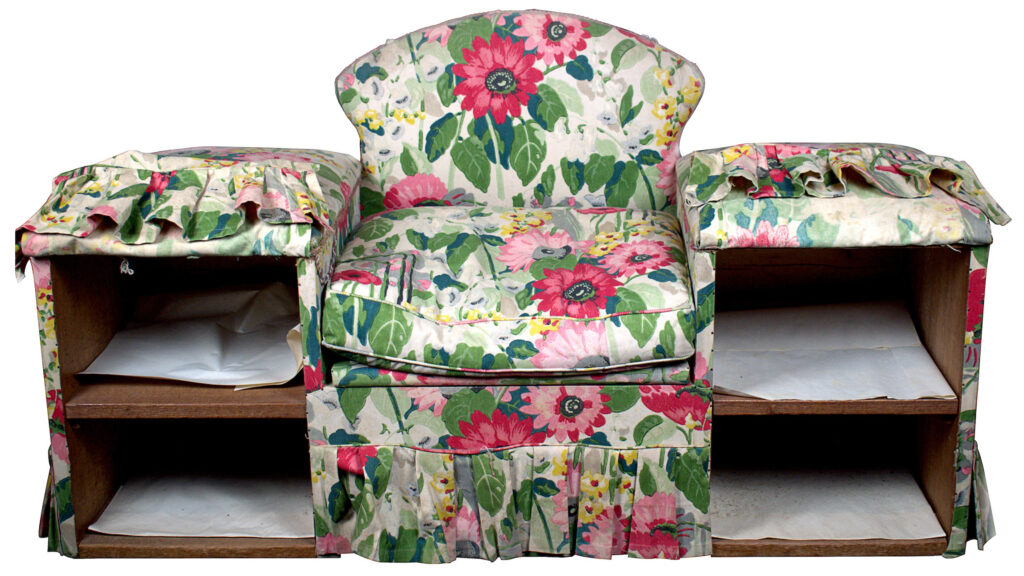
‘Make-do’ or ‘makeshift’ chairs, like the examples pictured here, were a product of the Depression-era and an inventive way to provide both seating and storage in the home. This type of chair was illustrated in Makeshifts, a booklet published in 1925 outlining how to build one. More often made from used kerosene packing cases as […]
Read More…
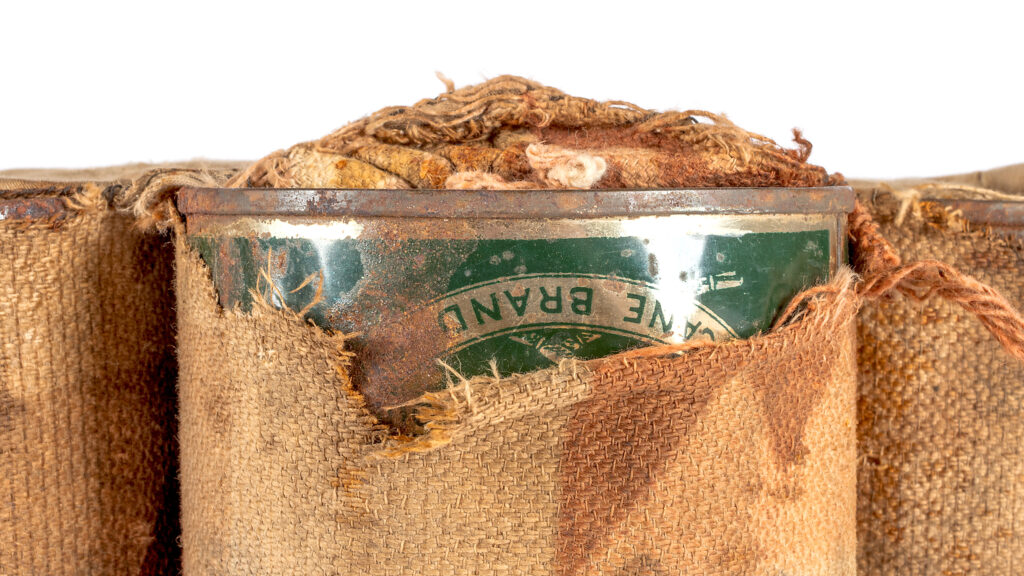
In late 1929, stock markets crashed and the world fell into the Great Depression. By 1932, one in three Australian breadwinners were unemployed. Families queued at soup kitchens or relied on government payments that allowed them to buy only the bare minimum of food. For many poor families, the staple meal was bread and ‘dripping’ […]
Read More…
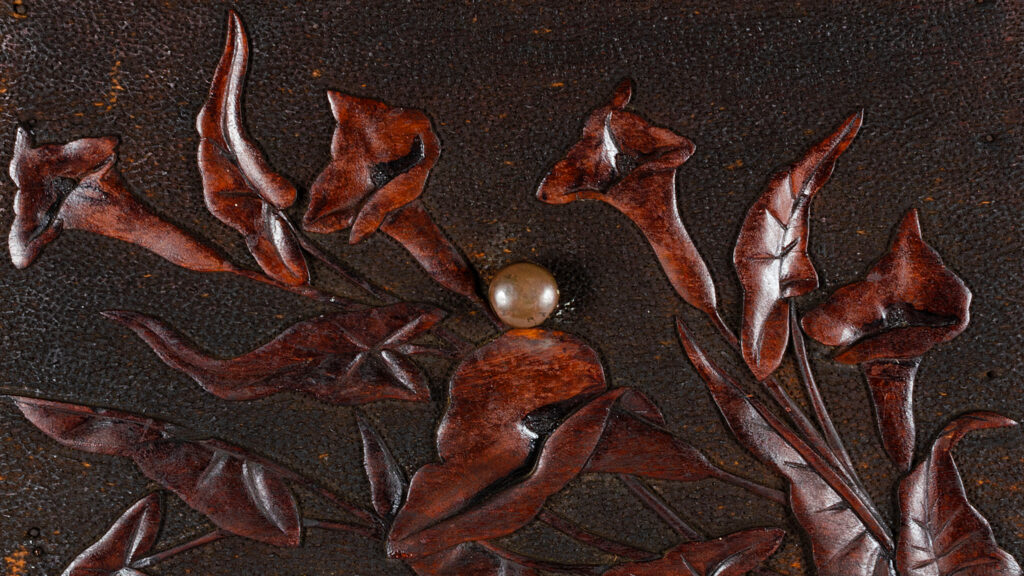
During the 1930s, the Great Depression meant that one in three Australian breadwinners were out of work, and many families struggled to survive. It was during this time that this cabinet was used to store books at a school, as indicated by the typewritten page pasted inside the door which was sent home with pupils […]
Read More…
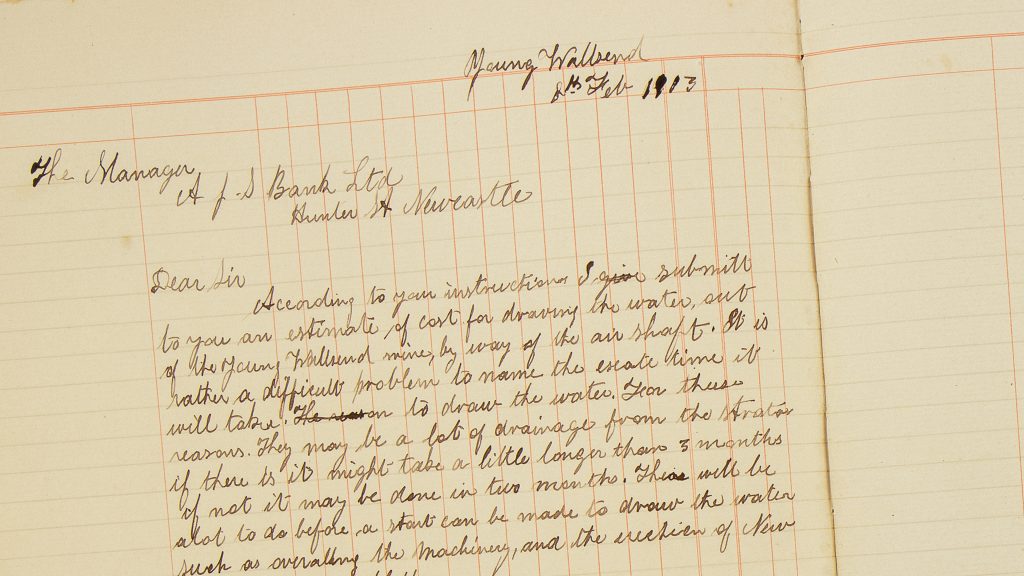
They said the new mine shaft was so free of projecting rocks that you could not hang your hat on any part of it. It was March 1887, and two hundred guests were gathered for a bush banquet at the new Young Wallsend Colliery, near Teralba. They toasted the future success of the new mine […]
Read More…
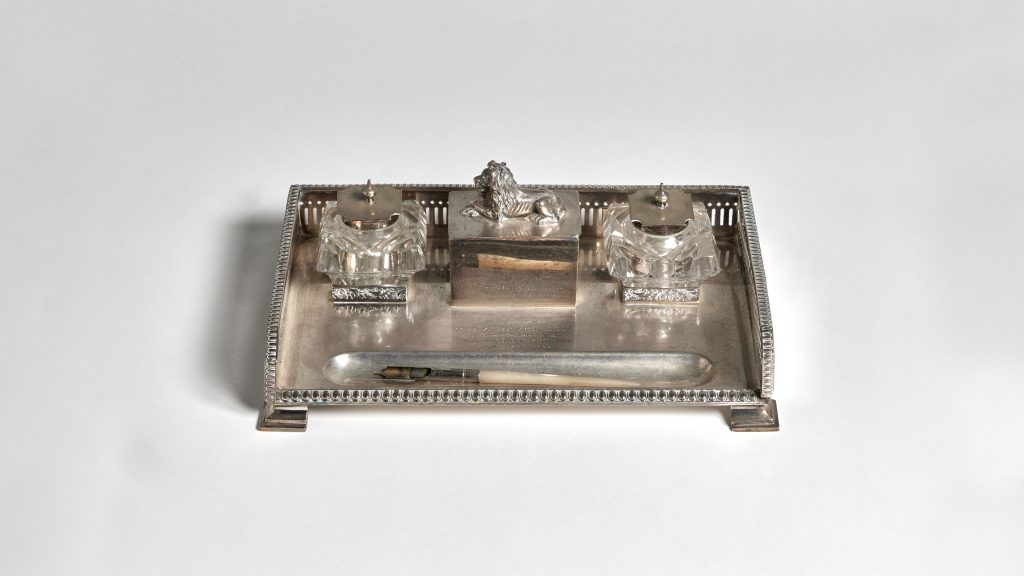
Three hearty cheers for William J.A. Bryce concluded an event on a Wednesday evening in 1903 at the Milton School of Arts. Bryce had been manager of the Milton branch of the English, Scottish & Australian (ES&A) Bank for over thirteen years, but it was closing since the town had suffered a downturn in business. […]
Read More…
